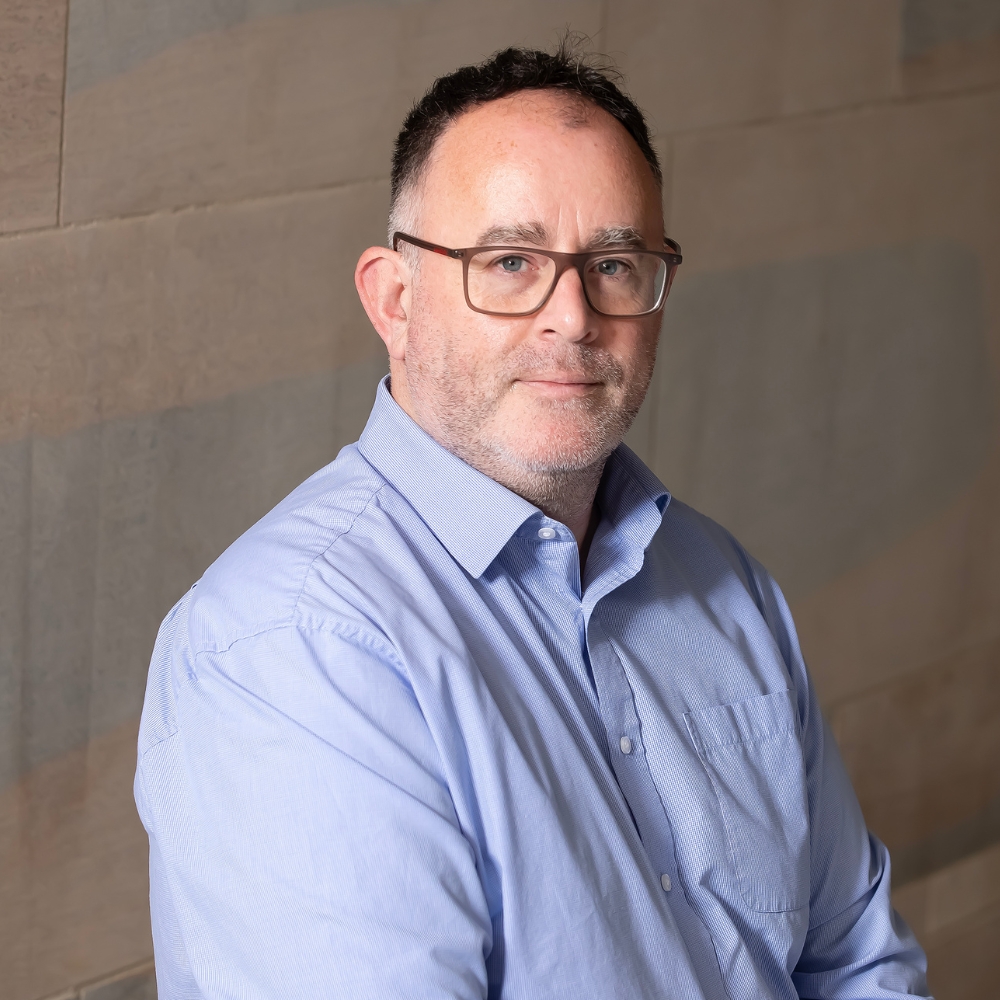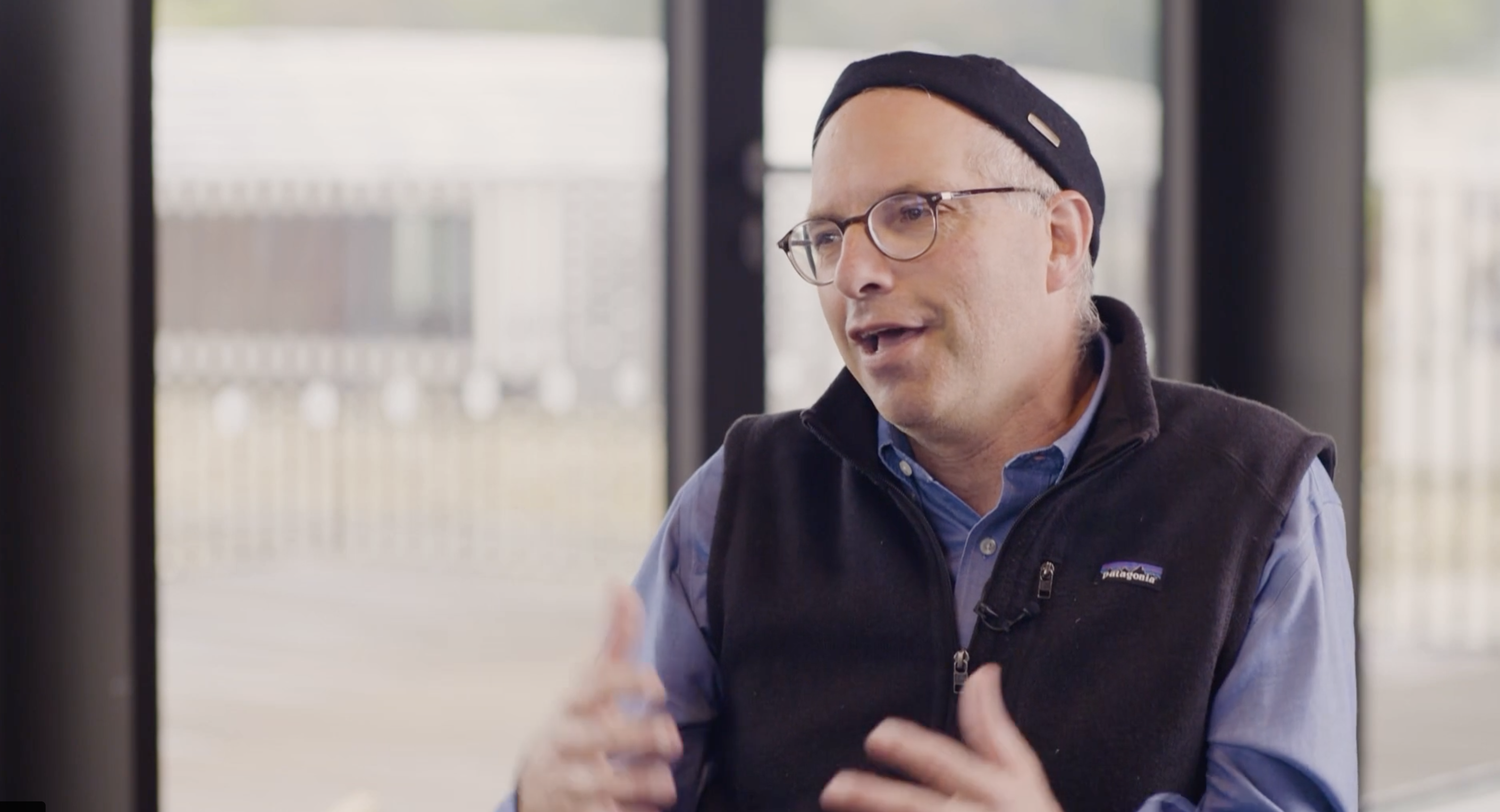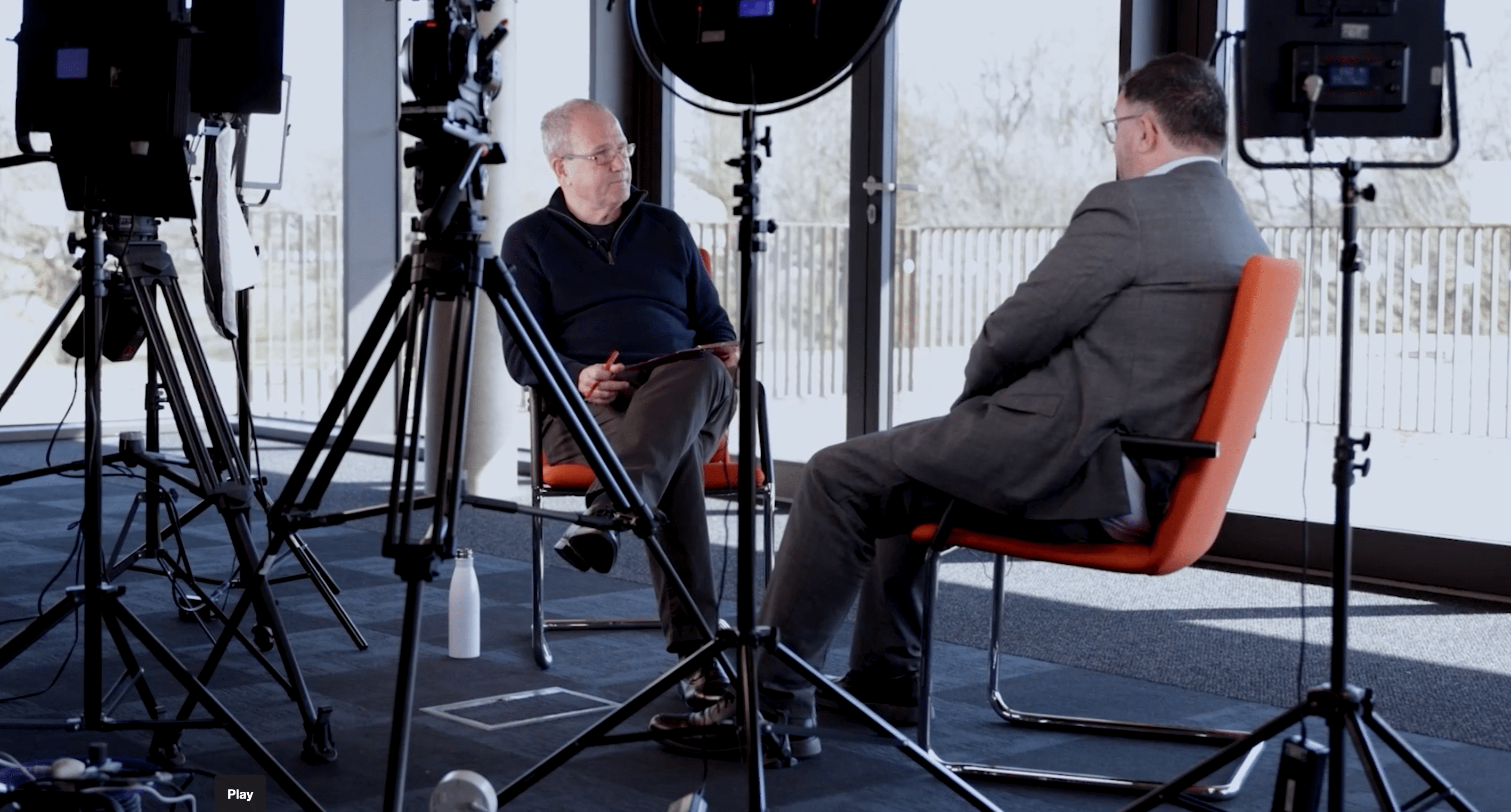The challenge
Many parliaments around the world struggle to play a meaningful role within their own political system when it comes to making new laws and policies. The problem of so-called ‘executive dominance’ – where the government dominates the law-making process – is widespread.
As a result, parliamentary capacity building programmes are now common. These look to reform ways of working and provide additional resource to allow parliaments to play a more effective role.
One such solution is PLS. This is a formal process in which a government shares early drafts of proposed legislation with parliament, usually via a committee, in order for parliamentarians to analyse its content and report back with comments and recommendations to the Minister sponsoring that bill. The committee is free to invite contributions from external stakeholders, experts and interest groups from the wider public. Crucially, this happens before the wording of the bill in question is finalised.
But what effect does PLS have and does it work in improving the law-making process?
What we did
Professor Shane Martin, Head of our Department of Government and Anthony King Chair in Comparative Government, has worked with the Irish Parliament to test the effects of PLS.
Using a mixed-method approach of quantitative and qualitative analysis, Professor Martin worked directly with the Irish Parliament’s Library and Research Service to assess the impact of PLS on legislative and policy outcomes. They looked specifically at where PLS made engagement happen and whether it resulted in changes to the final legislation that would otherwise have not happened.
Professor Martin found that there was a high level of engagement through PLS, in terms of recommendations being made. He also found that a significant number of the recommendations made were subsequently implemented by government.
In summary PLS had a direct effect on the content of government legislation and does allow parliaments to have a bigger impact on the law-making process.
What we changed
PLS is now a key part of Ireland’s law-making process, improving the quality of their legislation and the government’s level of engagement with others.
Professor Martin made a number of recommendations as a result of the research. These included stating that PLS should be mainstreamed and incorporated into the formal legislative process, and that resources should be allocated to allowing the relevant, interested parties to contribute.
The Irish Parliament and Sub-Committee on Dáil reform moved forward with Professor Martin’s recommendations, which have also contributed to a recent review of the committee system.
There is increasing interest in the application of Professor Martin's research beyond Ireland and he was invited to run a practitioner workshop on PLS involving both the Irish and UK Parliaments and the Westminster Foundation for Democracy.






